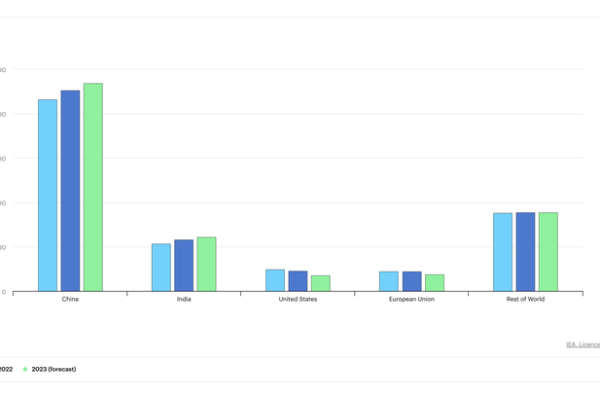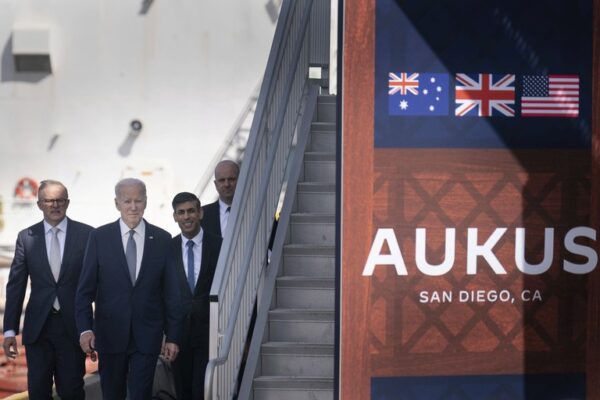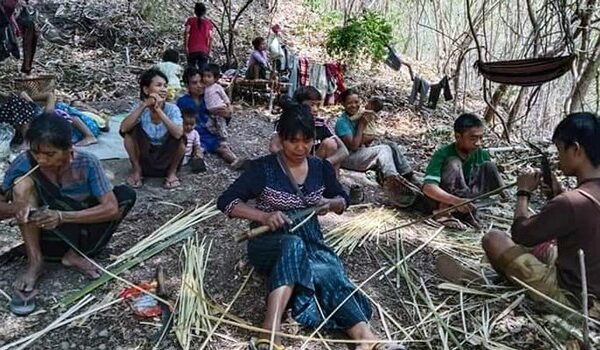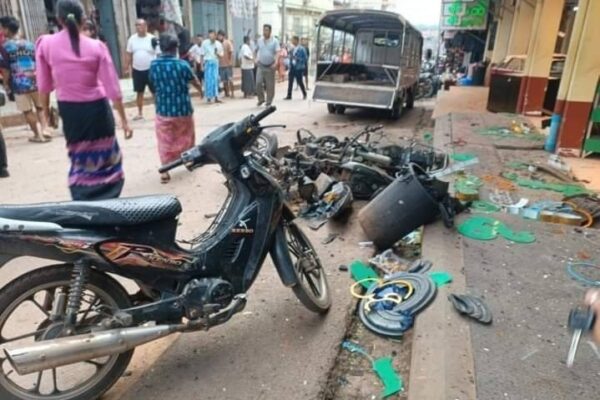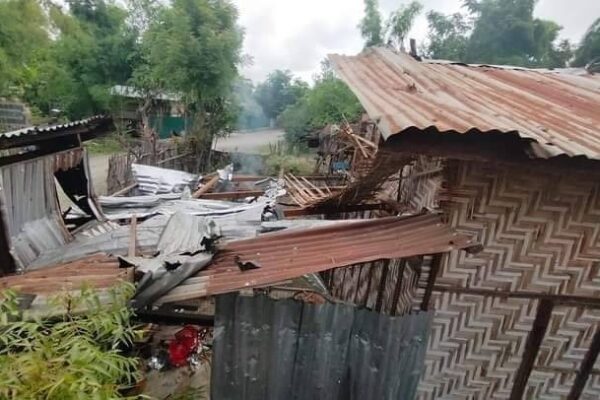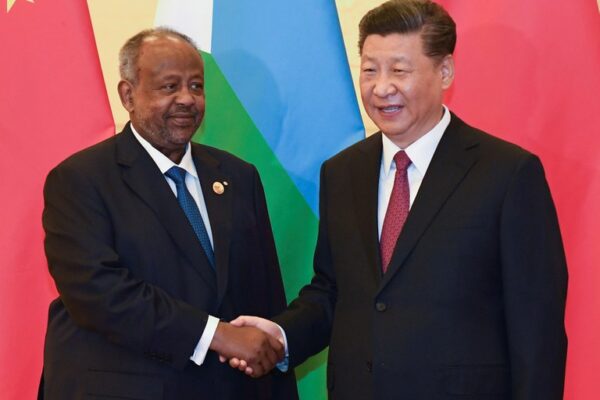
China is the tech abettor of global autocracy
Lost in recent news about China’s spy-base in Cuba was the fact that Huawei employees are working for the Latin American dictatorship. The Chinese telecoms giant isn’t just helping maintain an intelligence-gathering facility. It’s also helping Cuba oppress its own citizens. This is a common thread in Chinese diplomacy: Giving authoritarian regimes the technological tools they need to surveil, repress, and punish dissidents. Huawei, whose links with the Chinese Communist Party are well established, has been Cuba’s main technology provider for the state telecommunications company since 2017. According to a Swedish study, this is part of China’s support for “digital authoritarianism,” and Huawei’s eSight Internet management software that filters web searches is also in use across Latin America. When the Cuban people staged massive protests in July 2021, the government controlled and blocked the internet using technology “made, sold and installed” by China, according to Senator Marco Rubio. Then there’s Africa. In September 2018, Djibouti started surveillance system construction in collaboration with the state-owned China Railway Electrification Bureau Group. The video surveillance system covers major urban areas, airports, docks, and ports in the city of Djibouti. In Asia, China is reportedly cooperating with Myanmar’s military government in constructing a surveillance post on Great Coco Island. In December 2020, Myanmar applied 335 Huawei surveillance cameras in eight townships as part of its “Safe City” project. China’s President Xi Jinping shakes hands with Djibouti’s President Ismail Omar Guelleh before a meeting at the Great Hall of the People in Beijing, April 28, 2019. Credit: Madoka Ikegami/Pool via Reuters The cameras have facial recognition functions and alert authorities if surveilled persons are on a wanted list. In July 2022, Reuters reported that Myanmar’s military government installed Chinese-made cameras with facial recognition capabilities in cities across the country. The equipment was purchased from Dahua, Huawei, and Hikvision. In another case of close Chinese support for an authoritarian ruler in Southeast Asia, it was confirmed in February 2023, that China has a naval base in Ream, Cambodia. In June 2019, the Deputy Commissioner of the General Commissariat of the Kingdom of Cambodia Police and Chief of Phnom Penh Municipal Police visited Chinese companies including Huawei and Hikvision, expressing interest in China’s “Safe Cities” surveillance systems and other police equipment which he hoped to introduce for “improving public security and combating crimes.” In October 2022, according to Voice of America, Cambodian human rights activists suspected Cambodian local police of using drones and surveillance cameras supplied by Chinese companies to monitor labor rights protesters. Belt and Road Initiative In Pakistan, China has installed Chinese technology for domestic surveillance since at least 2016. That’s when the so-called “Safe City” project commenced operations in Islamabad, in collaboration with Huawei and other Chinese companies like e-Hualu. The project has established checkpoints and electronic police systems along major city thoroughfares, enabling citywide vehicle monitoring. In 2017, Huawei collaborated with the Punjab Safe Cities Authority in Pakistan to build a safe city system in Lahore. The project includes an integrated command and communication center, 200 police station sites, and 100 LTE base stations. In Central Asia, Huawei and Hualu surveillance systems are throughout Dushanbe, ostensibly to combat what local authorities say is “terrorism and extremism.” In May 2023, the head of Sughd Province Tajikistan met with Huawei representatives to discuss its 25 million USD “Safe City” project in Khujand, its provincial capital. A staff member sits in front of a screen displaying footage from surveillance cameras, at the Hikvision booth at Security China, the China International Exhibition on Public Safety and Security, in Beijing, June 7, 2023. Credit: Florence Lo/Reuters Much of China’s global provision of domestic surveillance tools is through its Belt and Road initiative, through which it has sent technology to Egypt and Nigeria, Uganda, Turkey, Russia, Ukraine, Azerbaijan, Angola, Laos, Kazakhstan, and Kenya. There’s also Serbia, where a political dissident claimed that the objective of the country’s participation in the Belt and Road Initiative is to “hunt… down political opponents.” Technology surveys show that around the world, at least 79 states have bought into Huawei’s surveillance package. They include liberal democracies like Italy, Netherlands, and Germany. A Huawei contract can thus signal entry-level affiliation with Xi Jinping’s New World Order, where “a future and destiny of every nation and every country are closely interconnected”—by invasive Chinese technology that abets oppression. That doesn’t belong in America’s backyard, in Cuba, or anywhere else in the world. Aaron Rhodes is senior fellow at Common Sense Society and President of the Forum for Religious Freedom-Europe. Cheryl Yu is senior researcher at Common Sense Society. The views expressed here are their own and do not reflect the position of RFA.

